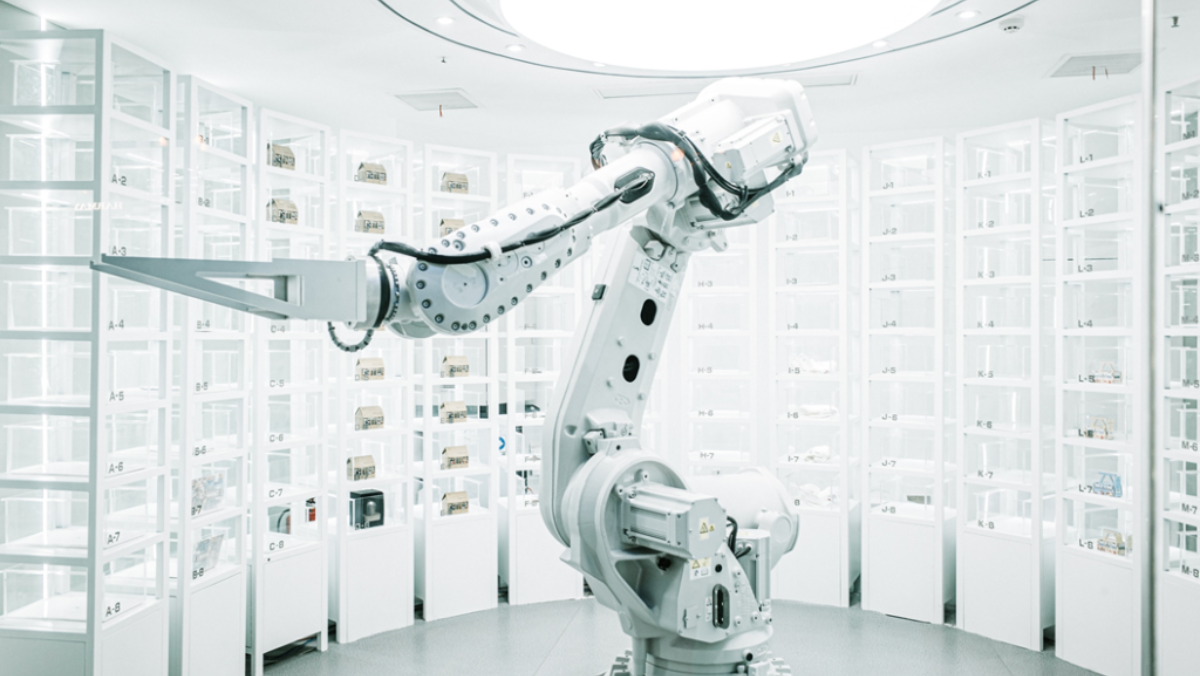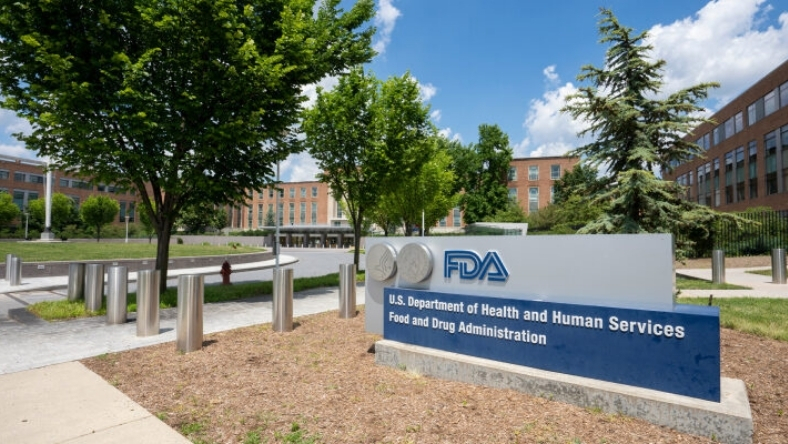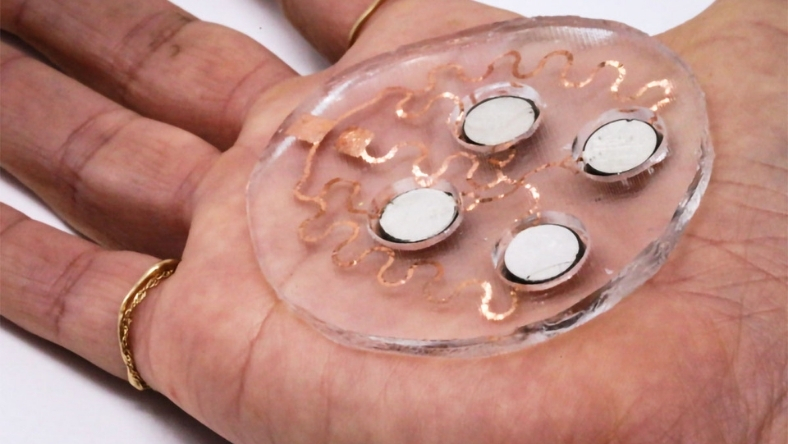TECHNOLOGY
AI Redesigns How America Makes Its Medicines
Duke scientists use AI to cut a carcinogenic additive by 75%, proving safer drug design is within reach
12 Nov 2025

Artificial intelligence is beginning to reshape how medicines are designed and delivered. At Duke University, researchers have used it to build safer nanoparticles for drug delivery, reducing a potentially carcinogenic additive by about 75% while preserving the drug’s performance in animal tests. The experiment offers a glimpse of how algorithms could replace much of the laborious trial and error that still dominates pharmaceutical science.
Drug formulation has long relied on repetitive lab testing to find safe, stable combinations. The Duke team instead trained machine learning models to predict which material blends would work best. These models assessed data on particle structure, chemistry, and cell reactions to forecast toxicity and efficacy. The most promising candidates were then tested in mice, where the AI-designed particles distributed drugs more effectively and with fewer harmful effects.
Pharmaceutical firms are watching closely. Across the industry, companies are exploring AI to refine how drugs are mixed, packaged, and tested. Advocates say the technology could help cut development costs by improving predictions and reducing redundant experiments.
Yet barriers remain. The Food and Drug Administration is still writing rules for AI-assisted design, demanding transparency and clear validation. Poorly standardised data sets continue to hamper model reliability. And even successful AI predictions still require exhaustive clinical testing before human use.
Still, momentum is building. Smarter design tools could make medicines not just cheaper but safer, tailored to individual needs rather than chemical convention. The firms that begin adapting early may be the ones that define the next era of intelligent drug creation.
Latest News
13 Feb 2026
Core-Shell LNP Study Signals Promise, Not Proof12 Feb 2026
FDA Aligns Device Rules With Global Standard11 Feb 2026
Smart Microneedle Patches Reshape Drug Delivery10 Feb 2026
Integrated CDMO Alliance Targets Oral Drug Timelines
Related News

RESEARCH
13 Feb 2026
Core-Shell LNP Study Signals Promise, Not Proof

REGULATORY
12 Feb 2026
FDA Aligns Device Rules With Global Standard

INNOVATION
11 Feb 2026
Smart Microneedle Patches Reshape Drug Delivery
SUBSCRIBE FOR UPDATES
By submitting, you agree to receive email communications from the event organizers, including upcoming promotions and discounted tickets, news, and access to related events.